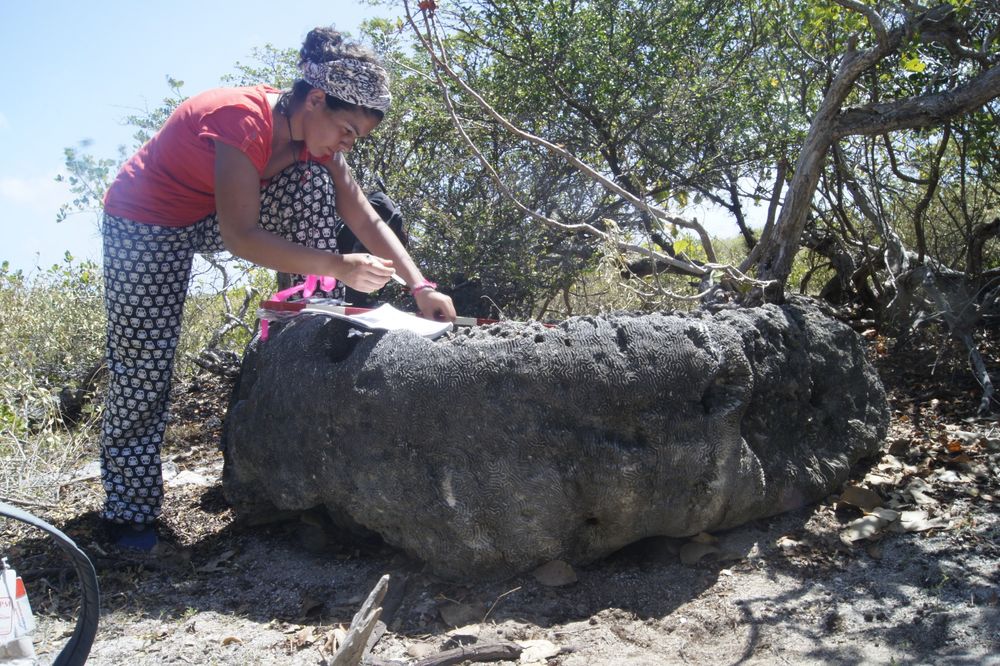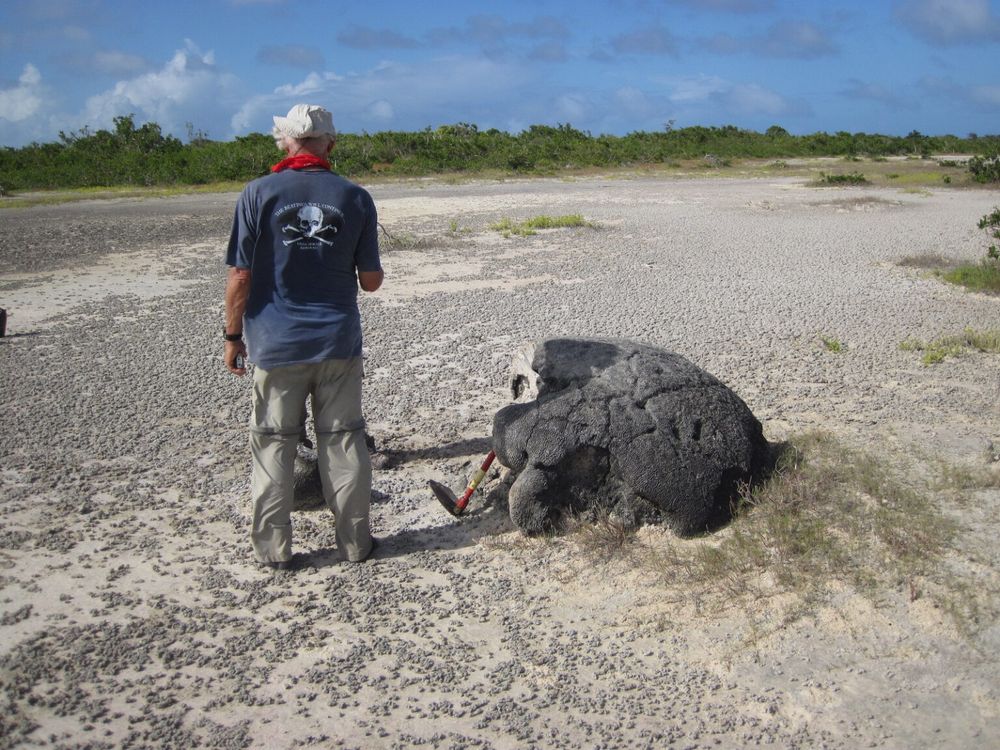Ungsan Kim, assistant professor of Asian Cinema at the @uofwa.bsky.social, has some spooky recommendations for Halloween.

Ungsan Kim, assistant professor of Asian Cinema at the @uofwa.bsky.social, has some spooky recommendations for Halloween.




www.washington.edu/news/2025/10...

www.washington.edu/news/2025/10...


More: www.washington.edu/news/2025/09...

More: www.washington.edu/news/2025/09...
Media assets: drive.google.com/drive/folder...
Media assets: drive.google.com/drive/folder...
www.washington.edu/news/2025/09...

www.washington.edu/news/2025/09...
More: www.washington.edu/news/2025/09...



More: www.washington.edu/news/2025/09...

More: www.washington.edu/news/2025/09...

More: www.washington.edu/news/2025/09...

More: www.washington.edu/news/2025/09...



More: www.washington.edu/news/2025/09...


This photo was taken while she was on the phone with the Nobel Committee in Sweden. Mary said she initially missed the call because a strange number popped up on her phone — she thought it might be spam.
1/3


This photo was taken while she was on the phone with the Nobel Committee in Sweden. Mary said she initially missed the call because a strange number popped up on her phone — she thought it might be spam.
1/3

More: www.washington.edu/news/2025/10...



More: www.washington.edu/news/2025/10...

www.washington.edu/news/2025/09...




www.washington.edu/news/2025/09...

@uwenvironment.bsky.social
More on the project: www.washington.edu/news/2024/02...
@uwenvironment.bsky.social
More on the project: www.washington.edu/news/2024/02...
www.washington.edu/news/2025/09...

www.washington.edu/news/2025/09...

